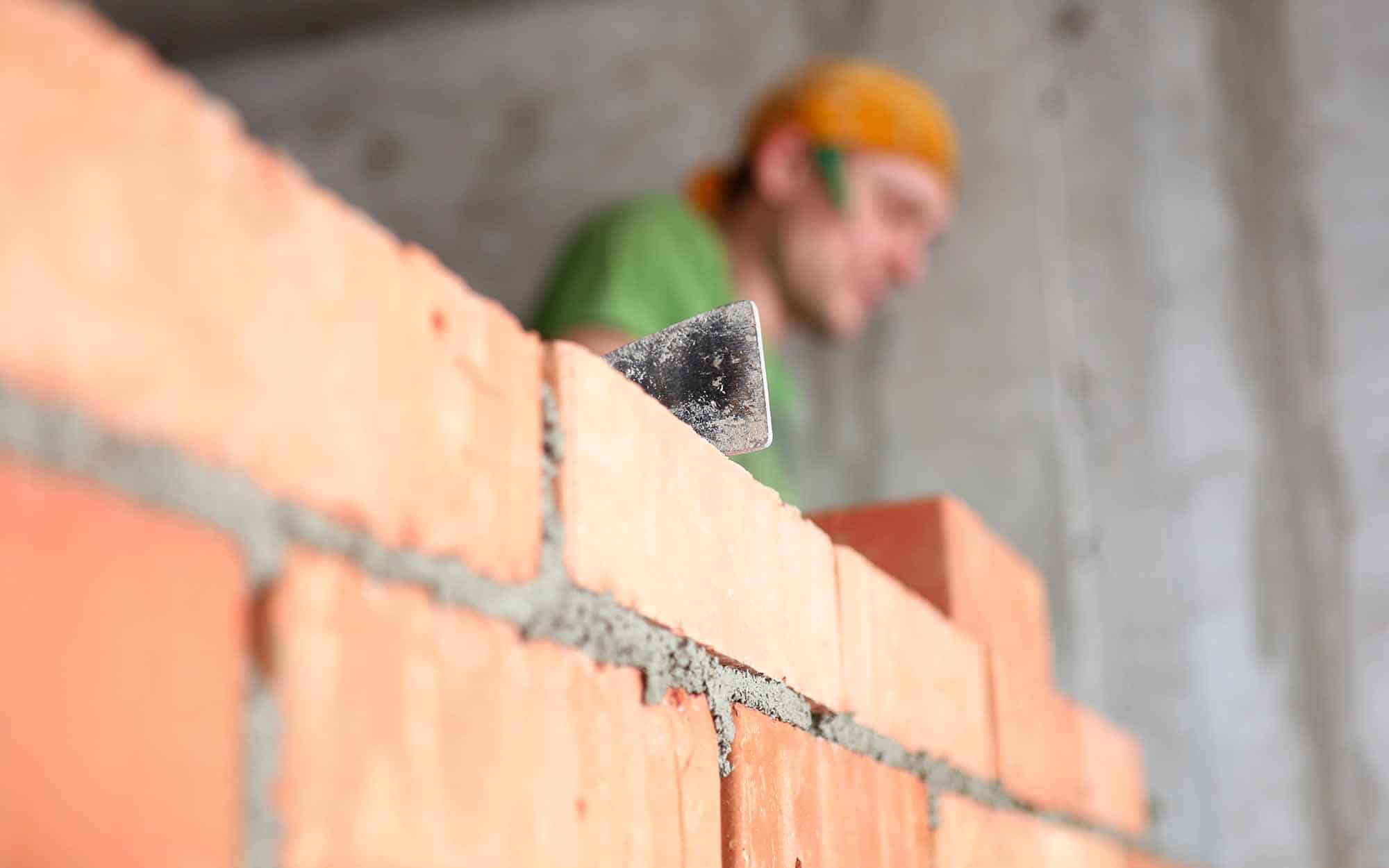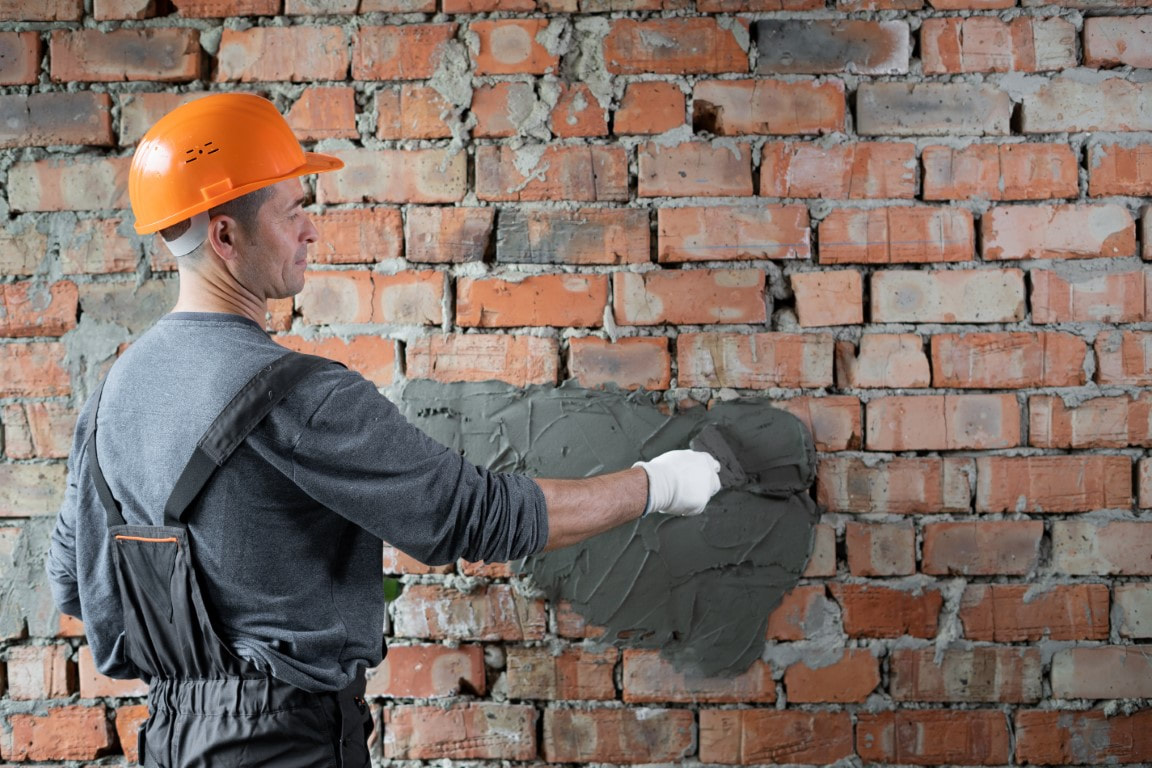High Quality Paver Installation Services to Change Your Outdoor Area
High Quality Paver Installation Services to Change Your Outdoor Area
Blog Article
Unlocking the Secrets of Lasting Masonry Building Practices for Eco-Friendly Buildings
In the world of contemporary construction, the quest of sustainable methods has actually become vital. Among the myriad techniques to green building, sustainable stonework building attracts attention as a tried and true and sturdy approach that holds a wealth of untapped capacity. From the choice of products to innovative building and construction methods, the keys to attaining sustainability within stonework building and construction are multifaceted and interesting. By discovering the benefits, materials, strategies, and future trends of sustainable stonework, a much deeper understanding of how these practices can form the future of environment-friendly buildings arises.
Advantages of Sustainable Stonework Construction
Embracing lasting masonry construction practices not only decreases ecological impact yet also uses long-term economic advantages to building contractors and neighborhoods. By utilizing products like recycled bricks, obstructs, and rocks, home builders can substantially decrease the carbon footprint of their jobs while advertising resource effectiveness. In addition, sustainable stonework building methods, such as correct insulation and thermal mass residential or commercial properties, can enhance energy effectiveness within buildings, resulting in decreased operational prices in time.
Moreover, the toughness and strength of stonework structures add to lasting financial benefits. Buildings built making use of lasting stonework techniques typically require less repair and maintenance, translating to cost savings for home builders and homeowner. The durability of masonry materials likewise guarantees that frameworks remain stable and secure, minimizing the demand for regular restorations or replacements.
Eco-Friendly Stonework Materials
Making use of environment-friendly stonework products is an essential step in the direction of improving the sustainability of construction methods and reducing environmental effect while making best use of long-lasting financial advantages. Sustainable masonry products are sourced, generated, and used in a fashion that reduces general ecological impact. Products such as recycled blocks, reclaimed stone, and lasting cinder block are ending up being increasingly popular options for eco-conscious contractors. Recycled bricks, for example, not just draw away waste from landfills but likewise call for much less energy to generate compared to new bricks. Recovered rock uses an unique aesthetic appeal while lowering the need for brand-new quarrying. Lasting concrete obstructs integrate recycled accumulations and might feature better insulation homes, adding to energy efficiency in structures.
Additionally, natural products like adobe, rammed earth, and straw bales provide excellent thermal mass properties, reducing the need for home heating and cooling down energy. These products are commonly locally available, advertising local economies and minimizing transportation-related carbon emissions. By selecting environment-friendly stonework materials, building projects can dramatically minimize their ecological impact and contribute to the production of much healthier, extra lasting developed settings.
Energy-Efficient Masonry Strategies
Energy performance plays an essential function in improving the sustainability of masonry building practices. By implementing energy-efficient masonry strategies, builders can considerably lower the total power intake of a structure, bring about lower operational costs and a smaller ecological footprint. One essential energy-efficient stonework strategy is using thermal mass, which involves including thick products like concrete or block into the building's framework to soak up and store warmth. This helps control interior temperature levels, decreasing the demand for mechanical home heating and cooling systems.

Advancements in Sustainable Masonry
Current improvements in sustainable masonry practices have brought around innovative methods that are improving the building industry. One such innovation is the development of self-healing concrete, which makes use of germs embedded within the concrete icf house plans to recover splits autonomously. This advancement not just decreases maintenance prices yet also boosts the longevity of masonry structures, contributing to their sustainability.
One more remarkable development is using recycled aggregates in masonry construction - masonry contractor. By integrating materials such as crushed ceramic waste or recycled glass right into concrete blends, contractors can minimize the ecological influence of building and construction tasks while preserving structural integrity. This practice not just draws away waste from land fills but additionally conserves natural deposits, making it a crucial innovation in sustainable stonework construction
Furthermore, the integration of electronic design tools, such as Structure Info Modeling (BIM), is transforming the means masonry structures are intended and constructed. BIM enables even more accurate computations, lowered material waste, and improved view publisher site power performance, ultimately causing even more lasting structure methods. These advancements collectively indicate a promising future for lasting masonry building in the period of environmentally friendly structures.
Future Trends in Masonry Sustainability
With the cutting-edge strides made in sustainable stonework practices, the future patterns in stonework sustainability are positioned to additional reinvent the building sector. One of the key patterns shaping the future of stonework sustainability is the enhanced integration of technology. Developments such as Building Information Modeling (BIM) and online truth simulations are being used to enhance stonework building procedures, leading to minimized material waste and enhanced power effectiveness in structures.
Additionally, the advancement of novel sustainable products is established to play a significant function in boosting the eco-friendliness of stonework construction. masonry contractor. Advancements like self-healing concrete, recycled aggregates, and bio-based binders are obtaining grip for moved here their capacity to minimize environmental influence while keeping architectural stability

Verdict
In conclusion, lasting stonework building methods supply countless advantages for green buildings. By utilizing green products and energy-efficient strategies, masonry can add to a more lasting constructed atmosphere. Technologies in lasting masonry are continually being created to even more improve the environmental performance of buildings. Looking towards the future, the trend of stonework sustainability is expected to grow, leading to more eco-friendly and energy-efficient building techniques in the years to come.
Report this page